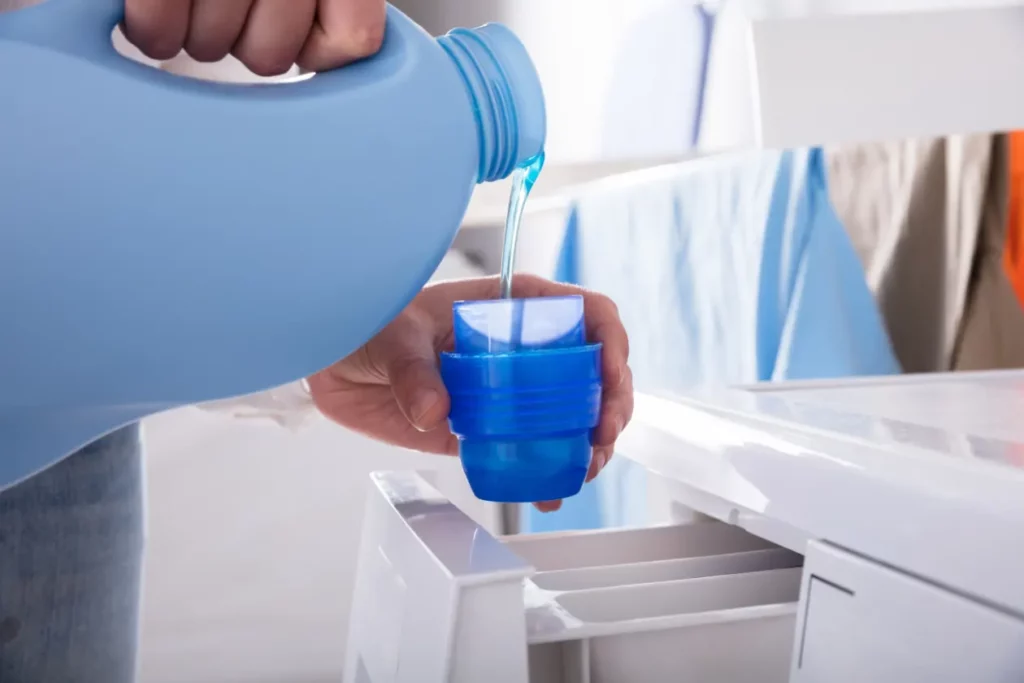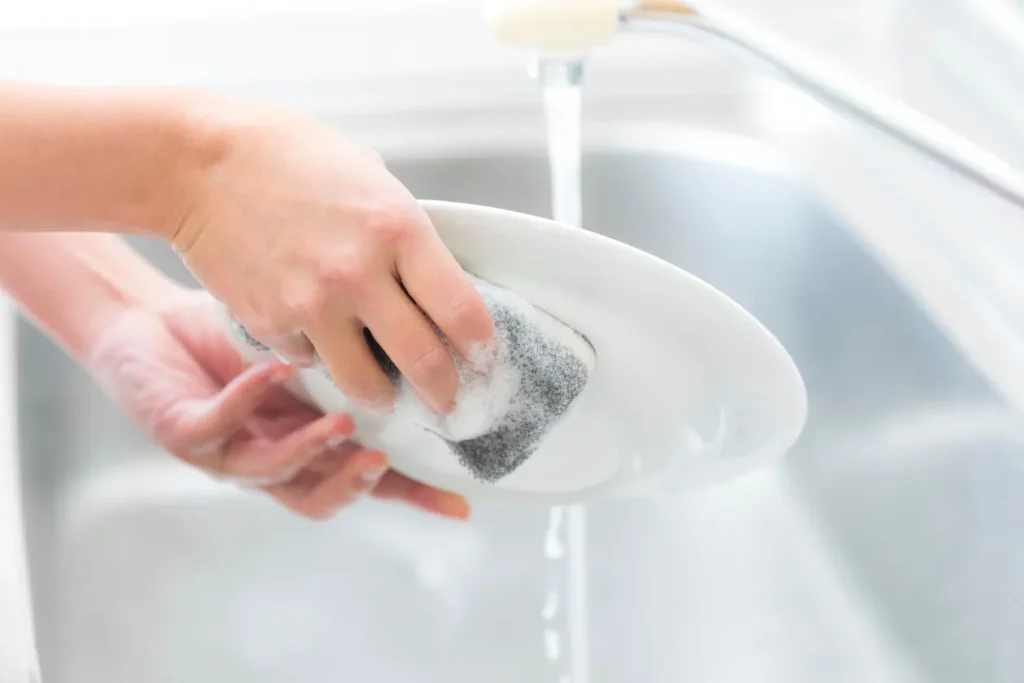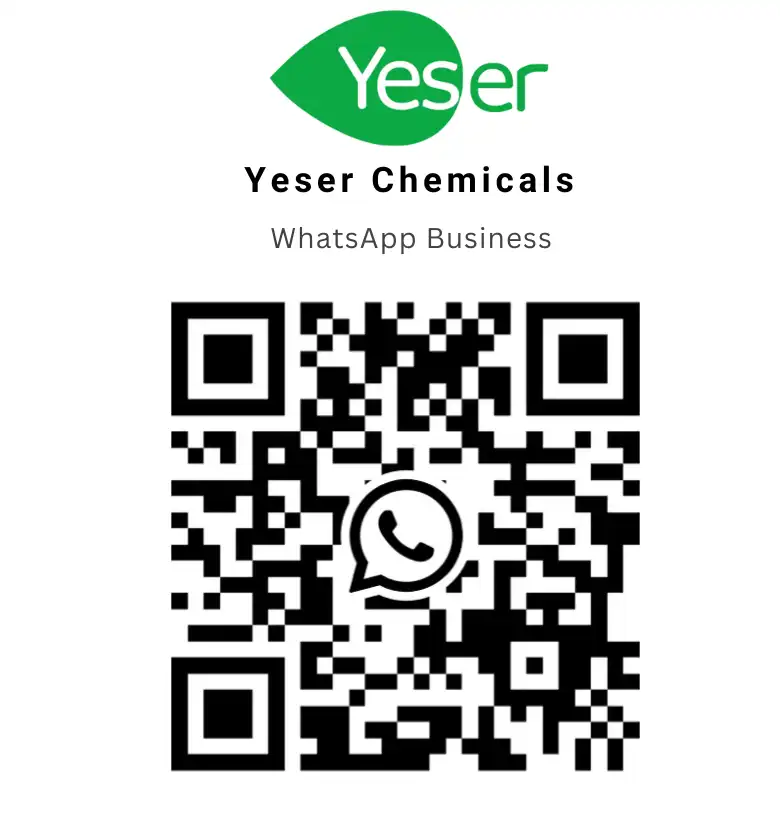Introduction
Have you ever been caught without laundry detergent and considered using dishwashing liquid as an alternative? While both are household cleaning essentials, understanding the appropriate way to use dishwashing liquid as laundry detergent can be crucial in emergency situations. In this article, we will examine the composition of these two products, explore the risks and benefits of using dish soap for laundry, and provide tips to ensure its safe use. Additionally, we will offer alternative solutions and expert advice, empowering you to make well-informed decisions when the need arises. Keep reading to discover whether dishwashing liquid can seamlessly step in as your laundry detergent replacement.
Composition of Dishwashing Liquid and Laundry Detergent
A. Key ingredients in dishwashing liquid
Dishwashing liquids are designed for removing grease and food particles from dishes. Some primary components include:
- Surfactants: These substances reduce the surface tension between water and the dirt on your dishes, allowing effective removal of grease and stains.
- Solvents: These help dissolve grease, oils, and other residues in the dishwashing liquid.
- Various additives: These improve the quality and performance of the dishwashing product, such as stabilizers, fragrance, colorants, and skin conditioning agents.
You may want to read this in-depth article to discover full list of dishwashing liquid.
B. Key ingredients in laundry detergent
Laundry detergents focus on removing dirt and stains from clothing while preserving their material. Primary ingredients include:
- Surfactants: Like dishwashing liquids, laundry detergents contain surfactants that help to lift dirt and stains.
- Enzymes: These break down protein, carbohydrate, and fat stains, making them easier to remove from fabric.
- Builders: These enhance the cleaning power of surfactants by softening hard water or helping the ingredients function at their optimal level.
- Brighteners and fabric softeners: These enhance clothing appearance and feel.
You may want to read this in-depth article to discover full list of laundry detergent liquid.
C. Differences in formulation
Though both contain surfactants, dishwashing liquid and laundry detergent differ in their chemical composition, concentration, and additional ingredients. While dishwashing liquid focuses on grease-cutting power, laundry detergent is formulated to remove a broader range of substances without damaging fabric.
| Feature | Dishwashing Liquid Formula | Laundry Detergent Liquid Formula |
|---|---|---|
| Main Purpose | Remove grease and food particles from dishes | Remove dirt, stains, and odors from fabrics |
| Primary Cleaning Agent | Surfactants (such as sodium lauryl sulfate) | Surfactants (like linear alkylbenzene sulfonate) |
| Grease-Cutting Ability | High (formulated for dishwashing) | Moderate (not the main focus of the formula) |
| Enzymes | Minimal or absent (not required for grease removal) | Present (for breaking down protein-based stains) |
| Builders | Minimal or absent (less concern with hard water) | Present (to soften water and improve performance) |
| Brighteners and Fabric Softeners | Absent (not intended for fabric care) | Present (to enhance appearance and feel of clothes) |
| Sudsing Level | High (to help lift and cut through grease) | Moderately low (to prevent washing machine issues) |
| Compatibility with Washing Machine | Not suitable (may cause sudsing issues) | Designed for use in washing machines |
| Fabric Care | Not designed for fabric care | Formulated for specific fabric care |
| Biodegradability | Varies (less eco-friendly than some detergents) | Available in eco-friendly, biodegradable options |
Factors to Consider When Using Dishwashing Liquid as Laundry Detergent
A. Effectiveness in cleaning clothes
Since dishwashing liquid is designed for grease removal, it may not effectively clean clothes, particularly those with various types of stains. Additionally, dish soaps may struggle to break down proteins in body oils and sweat, resulting in less effective cleaning.
B. Compatibility with washing machines
The sudsing level differs between laundry detergent and dishwashing liquid. Using the latter in a washing machine may produce excess suds, causing leaks or even machine damages.
C. Possibility of damaging clothes or washing machines
Dishwashing liquids’ high sudsing and concentration might harm delicate fabrics or cause color fading. Moreover, when not adequately rinsed, dish soap residues can irritate the skin.
D. Impact on the environment
Most dishwashing liquids are not as biodegradable as eco-friendly laundry detergents. Using such products for laundry purposes could negatively affect the environment due to higher phosphate and surfactant concentrations.

Potential Risks and Consequences of Using Dishwashing Liquid in Laundry
A. Residue left on clothes
Dishwashing liquid residues can cling to fabric, leaving a slightly greasy or sticky feeling. Proper rinsing is critical, as residues might cause skin irritation.
B. Excessive suds and leaks in washing machines
Unlike laundry detergents, dish soaps generate more suds, which could clog or damage washing machines over time. Too many suds can lead to leaks, leaving you with costly repairs.
C. Fading or damage to the fabric
Dishwashing liquid is not designed for the specific fabric care that laundry detergent provides, resulting in potential color fading, shrinking, or other fabric damage.
D. Harmful effects on sensitive skin
As dish soaps are not formulated for skin contact, residues left on clothing may cause skin irritation or allergic reactions, especially for those with sensitive skin.
When to Use Dishwashing Liquid for Laundry
A. In emergency situations
In a pinch, a small amount of dishwashing liquid can be used as a temporary substitute for laundry detergent, but it should not be a long-term solution.
B. As a stain pre-treatment
Using a small amount to spot-treat specific stains such as oil or grease may help in stain removal. Gently work the dish soap into the stain before laundering as usual.
C. Handwashing delicate or small items
For small, delicate, or lightly-soiled items, a few drops of mild dish soap can suffice for handwashing. However, thorough rinsing is essential.
Tips for Using Dishwashing Liquid in Laundry Safely
A. Choosing the right dishwashing liquid
Opt for a mild or eco-friendly dishwashing liquid with fewer harsh chemicals and additives. Avoid highly-concentrated formulas or those with bleach.
B. The appropriate amount to use
Less is more when using dishwashing liquid for laundry. Using too much may harm your clothes or washing machine, so stick to a small amount.
C. Proper temperature settings
Choose a lower temperature setting to minimize the risk of damaging fabrics or colors.
D. Rinsing thoroughly
Ensure you rinse the clothes well to remove any remaining residues that could irritate your skin or damage your clothing.

Alternatives to Using Dishwashing Liquid as Laundry Detergent
A. Homemade laundry detergent recipes
Combine natural ingredients like baking soda, washing soda, and castile soap to create a gentle and effective laundry detergent.
B. Using laundry detergent alternatives like baking soda or borax
In a pinch, add a small amount of baking soda or borax in your washing machine instead of dishwashing liquid.
C. Purchasing eco-friendly laundry detergent options
Choose biodegradable or plant-based laundry detergents for an eco-friendly solution that doesn’t compromise performance.
Expert Opinions and Recommendations
A. Views of professional cleaners and laundry experts
Experts generally advise against using dishwashing liquid as a laundry detergent substitute due to potential risks and consequences mentioned above.
B. Manufacturer guidelines and warnings
Washing machine manufacturers also warn against using dish soap in machines due to possible damage and voided warranty. It is essential to follow these guidelines for optimal performance and longevity.
Summary and Final Thoughts
In conclusion, while it is possible to use dishwashing liquid as laundry detergent in emergency situations, it is not advisable to rely on this approach consistently. Instead, explore alternative solutions or opt for gentle, environmentally-friendly laundry detergents to prevent the potential risks associated with substituting dish soap for laundry purposes. By being mindful of the specific purposes of these products, one can ensure the safe and effective care of clothing and fabrics.
Frequently Asked Questions (FAQs)
A. Can dishwashing liquid damage my washing machine?
Yes, excess suds generated by dishwashing liquid can potentially cause leaks or damage to your washing machine.
B. What type of dishwashing liquid should I use for laundry?
If you absolutely have to use dishwashing liquid for laundry, choose a mild or eco-friendly formula without harsh chemicals, bleach, or excessive fragrance. However, it is still not recommended as a regular substitute for laundry detergent.
C. How much dishwashing liquid should I use in place of laundry detergent?
If there is no other option, use a small amount (a few drops) of dishwashing liquid to minimize potential harm to your clothes and washing machine. Do not use the same quantity as you would with laundry detergent, as it can create excessive suds and residue.
D. Can I use laundry detergent for hand washing dishes?
It is not recommended to use laundry detergent for hand washing dishes, as it is not formulated to cut through grease and food residue effectively. Dishwashing liquid is specifically designed for this purpose, so it is better to stick to the correct product for dishwashing.
E. Can I mix dishwashing liquid with laundry detergent for a more effective cleaning solution?
While it may be tempting to try combining dishwashing liquid with laundry detergent, it is not recommended. Mixing the two may result in excessive suds, creating a harder-to-rinse and less effective cleaning solution. Additionally, some ingredients present in dish soap may react with laundry detergent ingredients, potentially causing damage to fabrics.
F. What other household items can be used as a laundry detergent substitute in an emergency?
In a pinch, you can use baking soda, which effectively neutralizes odors, or white vinegar, which acts as a natural fabric softener and helps break down residue. Simply add 1/2 cup baking soda or 1 cup white vinegar to your washing machine’s detergent dispenser as a substitute for laundry detergent.
G. Is it safe to use dishwashing liquid to handwash clothes?
Using dishwashing liquid to handwash clothes may be a more viable option than mixing them with laundry loads since you can better control the amount of soap used and ensure thorough rinsing. However, it is still not the ideal solution. Make sure to use a mild, fragrance-free dish soap, and rinse the clothes well to prevent any possible skin irritation or damage to the fabric. Remember, using dish soap should be reserved for emergencies and not become a regular habit.






